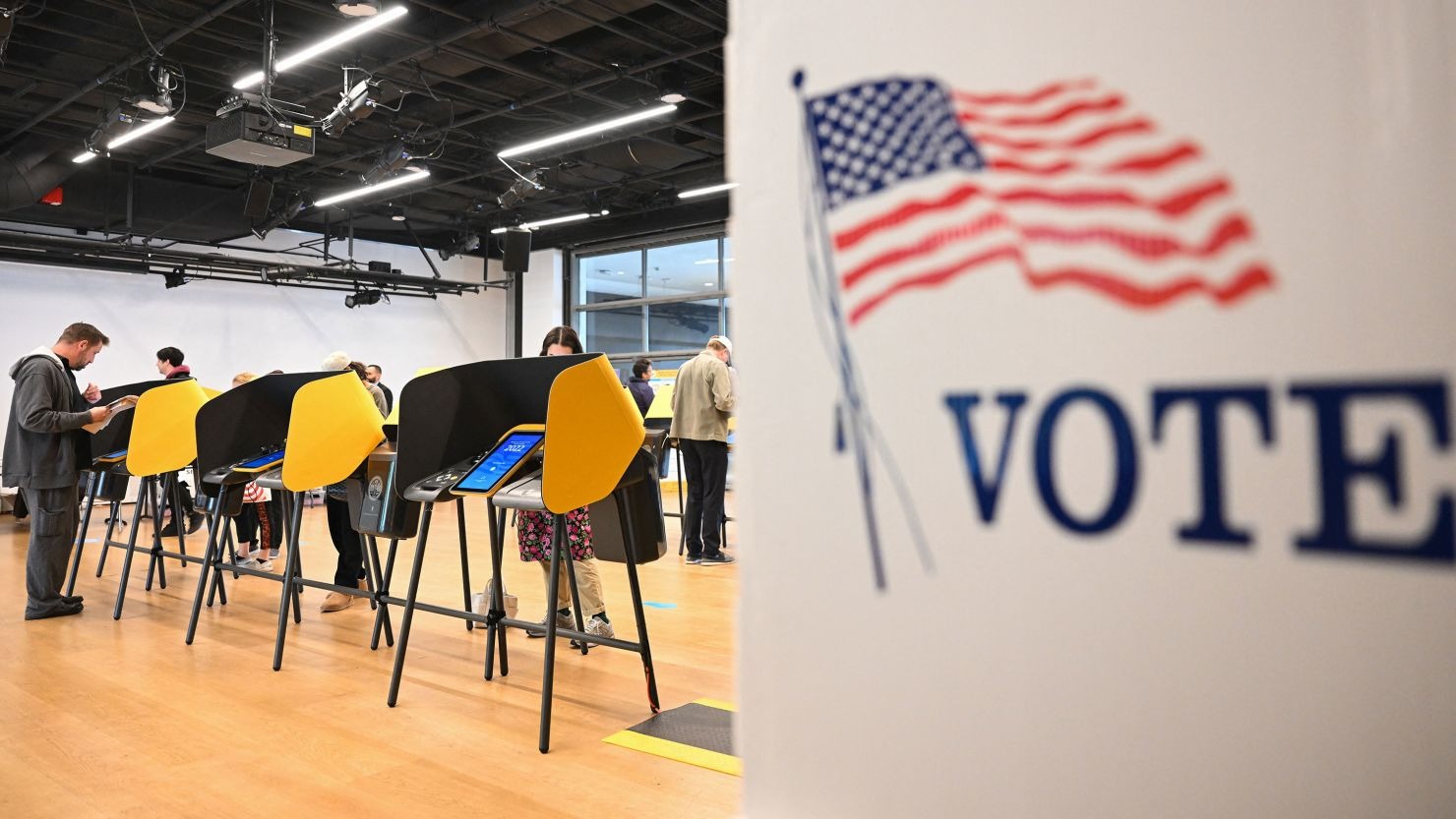As millions of Americans participated in Super Tuesday 2024 across 15 states, another significant group often overlooked was the approximately 2.8 million Americans living overseas who were eligible to vote in U.S. elections, according to government data. Despite this eligibility, historical data shows that only a small percentage of these expatriates actually voted.
According to the Federal Voting Assistance Program (FVAP), only about 3.4% of eligible Americans residing abroad cast their ballots in the 2022 Midterm Elections.
This figure starkly contrasts with the voter turnout among Americans living within the United States, who were over 18 times more likely to vote.
Several factors contribute to the low voter turnout among Americans living overseas. One major obstacle is the logistical challenges of voting from abroad.
The absentee voting process can be complex and confusing, leading many expatriates to struggle with registering, requesting an absentee ballot, and ensuring its timely submission.

Voting as an American Abroad (Credits: CNN)
Moreover, many Americans living abroad may not be aware of their eligibility to vote or may feel disconnected from U.S. politics due to their geographical distance. This lack of awareness and engagement can lead to missed election participation opportunities.
Another factor that may contribute to low expatriate voter turnout is the perception that their vote does not make a difference, especially in national elections where the margin of victory can be significant. This sense of futility can discourage expatriates from engaging in the electoral process.
Efforts have been made to increase voter turnout among Americans living overseas. The FVAP offers resources and assistance to help expatriates navigate the absentee voting process. Additionally, organizations like Democrats Abroad and Republicans Overseas work to mobilize and engage expatriate voters.
Despite these efforts, increasing expatriate voter turnout remains a challenge. However, the potential impact of the expatriate vote should not be underestimated. With millions of Americans living overseas, their collective voice could have a significant impact on U.S. elections, particularly in close races.
As the global landscape continues to evolve, issues such as international relations, foreign policy, and economic matters are becoming increasingly important.
The perspectives and experiences of Americans living abroad can provide valuable insights that should be considered in the electoral process.
By addressing the barriers to voting faced by expatriates and raising awareness about the importance of their vote, the U.S. can ensure that all eligible citizens have the opportunity to participate in its democratic process.























